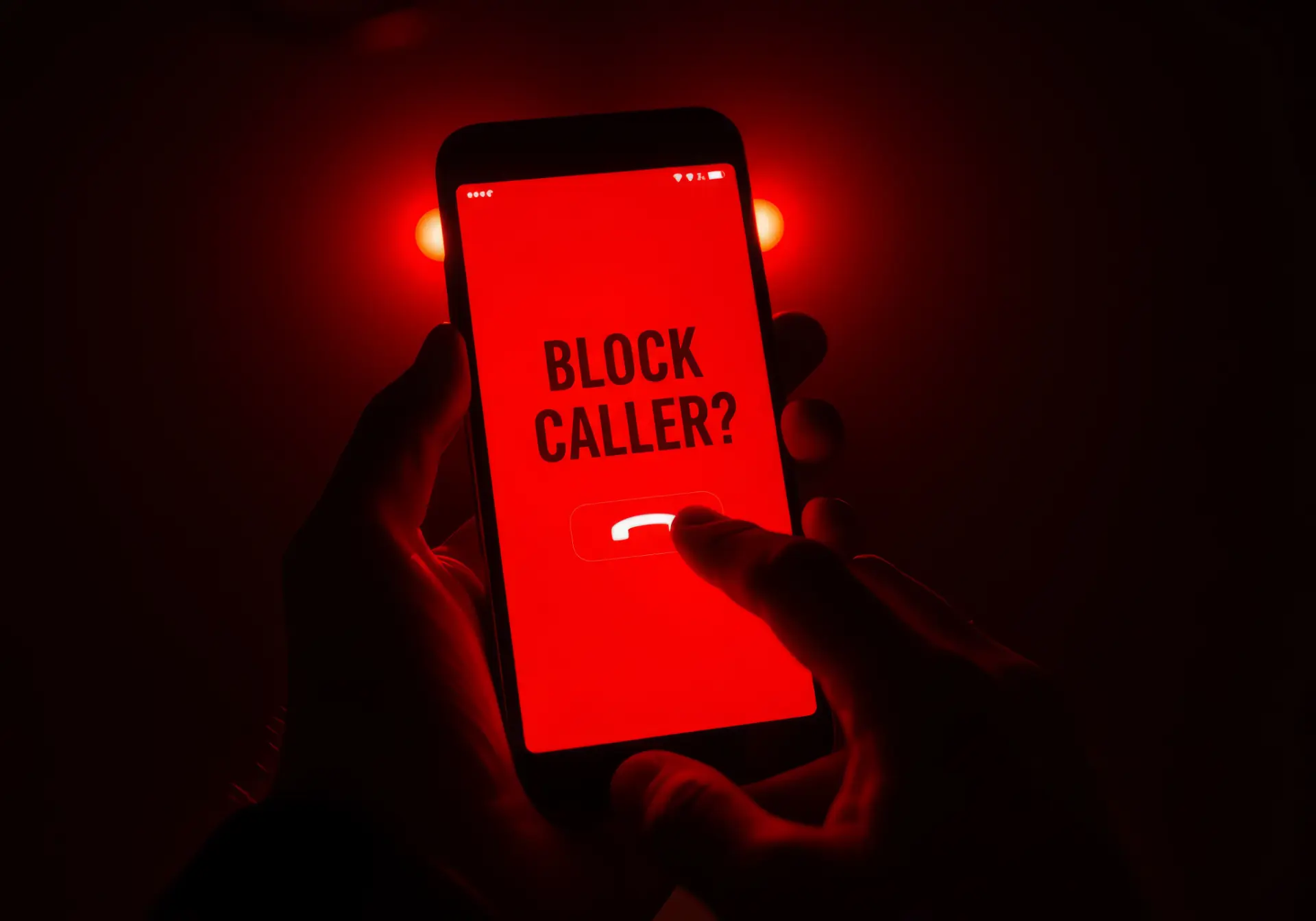Table of contents
- What is the Do Not Call Registry?
- Who is the Registry for?
- How the Registry works
- How to register for the Do Not Call Registry
- What happens after registration?
- What if the registry doesn’t work?
- Differences from other anti-spam tools
- The registry for mobile numbers
- Real effectiveness and limitations
Every day, millions of citizens receive calls from telemarketing operators, often persistent, unsolicited, and in many cases, downright annoying. Whether it’s promotional campaigns for phone subscriptions, energy offers, or insurance deals, the line between legitimate marketing and harassment is increasingly blurred.
To protect personal data and peace of mind, Italian law provides a specific tool: the Do Not Call Registry.
In this article, we will explain in detail what the Do Not Call Registry is, who it is for, how to register, how it works for both landlines and mobile phones, and what to do if the registry doesn’t work or fails to block calls. We’ll also delve into the legal references, limitations, and practical issues still affecting the system.
What is the Do Not Call Registry?
The Public Do Not Call Registry (abbreviated as RPO) is a free service offered by the Ministry of Enterprises and Made in Italy (formerly MISE), allowing citizens to register their landline or mobile number to prevent receiving telemarketing calls from third parties.
The registry is regulated by the Italian Personal Data Protection Code (Legislative Decree No. 196/2003, as amended by the GDPR and Legislative Decree No. 101/2018), and was further revised by Presidential Decree No. 26 of January 27, 2022, which extended the service to mobile numbers, not just those listed in public directories.
Who is the Registry for?
The Do Not Call Registry for mobile and landline numbers is intended for:
- private citizens;
- holders of telephone numbers listed or not in public directories;
- holders of active or inactive contracts for mobile or landline services.
Therefore, anyone wishing to block promotional calls from call centers and companies engaged in telemarketing activities can register, even if their number is not publicly listed.
By doing so, citizens indicate which numbers they want to be free from continuous telemarketing calls.
How the Registry works
After registering with the Do Not Call Registry, all previously granted consents to third parties for marketing purposes are revoked. As a result, telemarketing operators are required by law to consult the registry’s database before making any calls.
In other words, if a company obtained your consent in the past but you later registered with the RPO, they are no longer allowed to contact you. The registration has retroactive effect, canceling any consent provided prior to registration—unless a new consent was given after the registration.
How to register for the Do Not Call Registry
There are several ways to register with the RPO:
- Online, through the official website: www.registrodelleopposizioni.it;
- By calling the toll-free number 800 957 766, available Monday through Friday;
- Via email or certified email (PEC), using the downloadable forms on the website;
- By registered mail, for those without access to digital tools.
Once the registration is complete, the citizen receives a confirmation of successful registration. From that moment on, any unsolicited commercial contact is considered unlawful unless additional consent has been explicitly granted.
What happens after registration?
Once a number is registered with the RPO, telemarketing operators are legally required to update their contact lists and remove the registered numbers. This must be done within 15 days at the latest.
The registration is valid indefinitely, but users can always:
- Revoke their registration;
- Update their personal data;
- Re-register, for example, after changing phone numbers.
Any operator who fails to comply with these rules may be penalized by the Italian Data Protection Authority.
What if the registry doesn’t work?
Many users complain that they continue to receive promotional calls even after registering. This may happen for several reasons:
- The calling number is violating the law;
- Consent was given after registration;
- The number was shared unlawfully by third parties.
In such cases, users can report violations either to the Data Protection Authority or directly to the Do Not Call Registry through its official channels.
Differences from other anti-spam tools
Unlike apps or services that block unknown numbers, the Do Not Call Registry has legal force. It doesn’t just filter calls on your phone—it obliges operators to verify and respect the registration before making contact.
It tackles the issue at its source, while apps only act locally and often lack real-time updates.
The registry for mobile numbers
Until 2022, the service applied only to landline numbers listed in public directories. With the reform effective July 27, 2022, mobile numbers can also be registered, offering broader and more effective protection for all users.
This is a crucial development, especially since most unsolicited calls today are received on mobile devices.
Real effectiveness and limitations
The Public Do Not Call Registry is a notable step forward in privacy protection. Still, it presents some practical limitations:
- It doesn’t block calls from foreign operators, often beyond legal reach;
- It requires citizen vigilance and proactive management;
- Not all telemarketers comply, particularly in the absence of enforcement.
Registering with the Do Not Call Registry is currently one of the most effective ways to reduce telemarketing calls, especially on mobile phones. While it is not a foolproof solution, it is a powerful, legal, and free tool that every citizen should consider using.
Phone privacy is a right. Protecting it requires awareness and the use of tools like the RPO. If the registry fails to block calls, it is essential to report abuses, helping to build a more transparent and citizen-friendly system.
